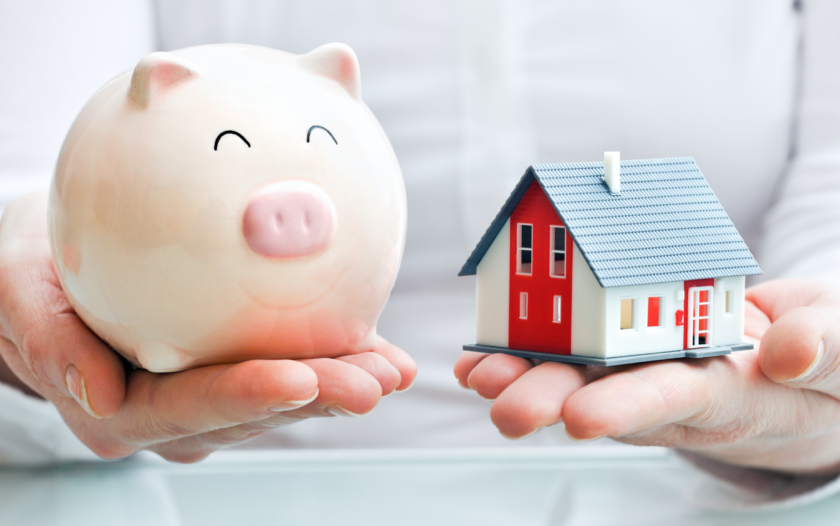Should You Pay Off Your Mortgage Before You Retire
About Anouare
Anouare is a seasoned writer, editor and content strategist who started her career as a lifestyle journalist before stepping into leadership roles at publications such as AskMen and Goalcast. From editorial strategy to content marketing and project-management, she has tackled various challenges in digital media and discovered her passion for mentoring others in the process. She loves a good money mindset book and believes you can create your dream lifestyle by being yourself.
Read full bio
At a Glance
Go to school. Graduate. Buy a home. Pay off the home. Retire. Things used to be way more straightforward. But now do you keep asking yourself, should I pay off my mortgage before I retire? Well, the answer depends on a few factors.
“Paying off your mortgage is not an automatic yes when retiring. When deciding whether to pay off your mortgage, you should consider if you also have enough money for home repairs, renovations, health care, and other rainy day items. Also, if you are using money that is getting a better interest rate than your mortgage, you might want to keep that investment intact,” says Khari Washington, the broker and owner of 1st United Realty & Mortgage.
“Your home is an asset and should play a major role in your financial plan during retirement. Equity can be leveraged as income during retirement years with the right plan in place. Reverse mortgages are becoming a valuable addition during retirement years. Or, retaining the property as a rental and collecting enough rent covering any outstanding mortgage and the excess as an additional income source during retirement,” according to Senior Loan Officer Joe Robinett.
The upside of paying off your mortgage before retirement
Of course, paying off your mortgage can free up a bunch of cash flow and add flexibility to your life. Yes, you’ll still have to pay property-related expenses such as homeowner’s insurance, property taxes and maintenance, but you’ll say goodbye to monthly mortgage payments and hello to whatever else you want to spend your money on.
“The upside to paying off a mortgage is that you will free up a lot of cash flow that can be going towards your retirement. If your income is lower, you will have fewer expenses to help out,” says Washington.
The downsides of paying off your mortgage before retirement
However, there are also disadvantages. According to Washington, paying off your mortgage means you will be tying up money into your house that you might not be able to get access to again as cheaply. You are also eliminating the tax write-off that comes in the form of mortgage interest, says Robinett. And you will potentially leave money on the table:
“Perhaps the greatest downside is capping your ability to grow wealth by not leveraging equity into other investments. With real estate appreciating year over year and with low mortgage interest rates, there is little need to focus on paying off a mortgage,” adds Robinett.
According to him, the extra cash flow you’d use to pay off your mortgage faster could be invested towards an asset class with a higher yield, such as an index fund tied to the S&P 500 with an average rate of return of 10%.
Frequently Asked Questions
Do most people pay off their mortgage before retirement?
“Times have changed and the goal of paying off a mortgage is more of an old-school way of thinking,” says Robinett.
“During the 70s, 80s, and 90s, with slower real estate appreciation and higher mortgage rates, and pension funds with a guaranteed income during retirement, it made sense.” Nowadays, real estate is more of an investment vehicle meant to increase your net worth and help you retire strategically.
At what age should you have your house paid off?
“There is no one size fits all age to pay for your house, and it will come down to your goals and financial needs,” says Washington.
So stop comparing yourself to others and keep focusing your energy on becoming more financially savvy so you can make decisions that align with your vision of success.









